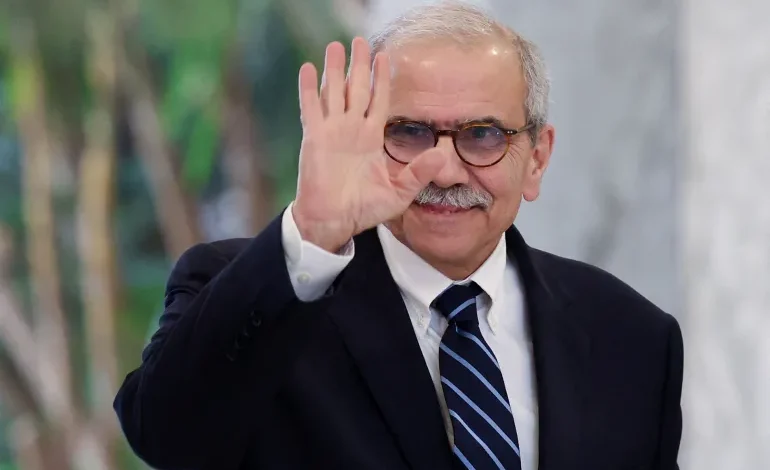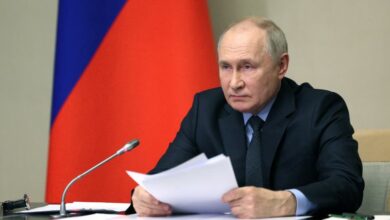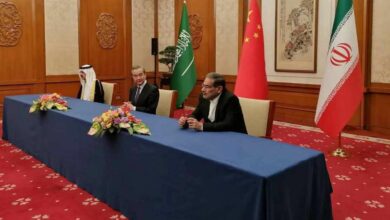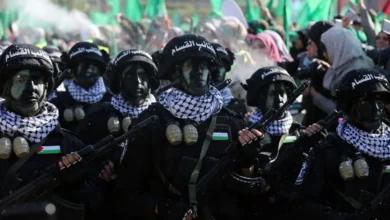Who is Nawaf Salam, Lebanon’s PM-designate amid political shift?

Who is Nawaf Salam, Lebanon’s PM-designate amid political shift?
The appointment of Nawaf Salam, the president of the International Court of Justice (ICJ), as prime minister of Lebanon has many Lebanese feeling optimistic.
His success in securing enough votes in parliament on Monday caps off a rapid period of political change after Joseph Aoun was elected president last week, filling a position that had been vacant since 2022.
“He represents the aspirations of the October 17 movement,” Dalal Mawad, a Lebanese journalist and author, told Al Jazeera. “This is a man who has a very clear political vision and beliefs.”










